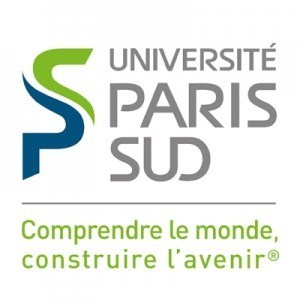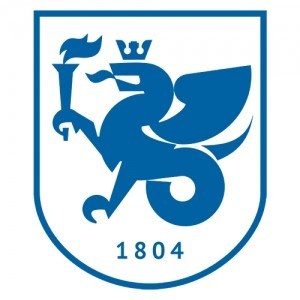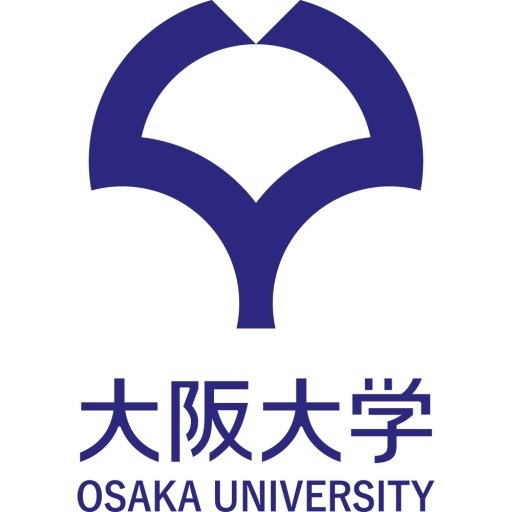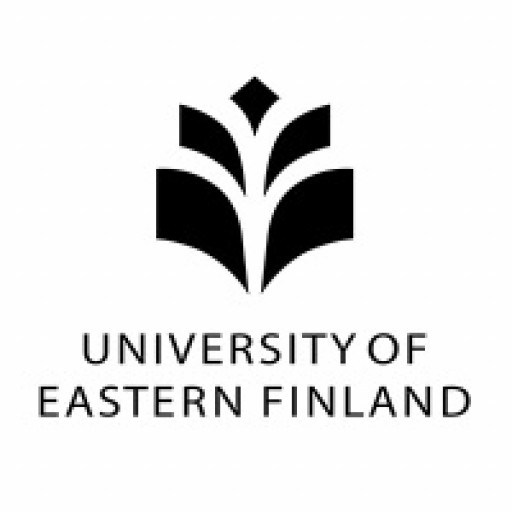Photos of university / #hhu_de
International Physics at Heinrich Heine University Düsseldorf offers an engaging and comprehensive educational experience designed to prepare students for a successful career in the diverse field of physics. This programme emphasizes a solid grounding in fundamental principles along with opportunities for specialization in various physics disciplines, including condensed matter physics, astrophysics, quantum physics, and particle physics. Students benefit from a rigorous curriculum delivered by renowned faculty members committed to both teaching excellence and cutting-edge research. The programme is structured to provide a balanced combination of theoretical knowledge and practical skills, ensuring graduates are well-equipped for careers in academia, industry, research institutions, or science communication.
Throughout the course of study, students will engage with core topics such as classical mechanics, electromagnetism, thermodynamics, quantum mechanics, and mathematical methods essential for analyzing complex physical systems. The curriculum also incorporates modern experimental techniques and computational physics, enabling students to develop proficiency in laboratory work and data analysis. Additionally, the programme offers numerous opportunities for international exchange and collaborative projects, fostering a global scientific perspective and intercultural skills. Students are encouraged to participate in research activities from early in their studies, facilitating hands-on experience and the development of critical thinking.
Heinrich Heine University Düsseldorf's state-of-the-art laboratories and research centers provide a stimulating environment for students to explore experimental physics firsthand. The university's strategic collaborations with industry partners and research institutes offer valuable internship and employment opportunities, supporting students' transition from academic studies to professional careers. The International Physics programme also includes courses conducted in English, making it accessible for international students and promoting an inclusive academic community.
Graduates of the International Physics programme will possess a deep understanding of physical laws and advanced analytical skills, positioning them to contribute significantly to scientific innovation and technological progress. The programme’s combination of rigorous coursework, research opportunities, and international orientation enables students to develop a broad scientific outlook and prepare for diverse professional pathways within the global scientific community. Whether aiming for doctoral studies, scientific research, or careers in technical development, students will find this programme a rewarding foundation for their future ambitions.
Educational organisation
In the first year, the modules typically consist of lectures in combination with exercise classes. In the second year, the emphasis is on seminars, practical courses and research work.First year:
- two focus areas (two modules each) to be chosen from our main research topics
- four elective physics modules to be chosen from the remaining research topics: laser physics, computational physics, biophysics, astrophysics, advanced quantum mechanics and others
- general elective modules (typically German language courses for international students)
Second year:
state-of-the-art research in one of the focus areas at an international level
- first half of second year: complementary physics modules (emphasis on theoretical background for research work) and specialisation module (emphasis on practical training of methods and tools for research work; detailed knowledge up to the state-of-the art level)
- second half of second year: thesis research (experimental or theoretical; guided, but independent) in the chosen specialisation
We emphasise the personal interaction between students and teachers. We enjoy an excellent teacher-student ratio.
For details, see website: http://www.physik.hhu.de
Study abroad unit(s)
NoneInternships
NoneForms of assessment
Oral and/or written examinations; ECTS points awarded; thesis work is gradedCourse objectives
Master of Science in Physics: ability to understand state-of-the-art research, to perform high-level research, to communicate, present and discuss results, concepts, and ideasLanguage requirements
Proof of sufficient command of English (e.g. TOEFL 80 (internet-based), IELTS 6.0) must be submitted together with the application. For further details contact: admissions.physics@uni-duesseldorf.deAcademic requirements
Bachelor's degree (or equivalent) in Physics is required. A transcript of records in which all courses are listed should be provided together with the application. For admission, it is required that the admission committee determine if the academic qualification of the applicant meets the standards of the Bachelor's programme in physics at Heinrich Heine University Düsseldorf.The GRE General and GRE Physics tests are strongly recommended, especially for applicants from outside the EU.
Enrolment fees
A semester fee of approx. 280 EUR is required upon registration/enrolment as a student or doctoral researcher. This fee covers transport by bus, tram, and regional trains within North Rhine-Westphalia for the entire semester as well as the use of student facilities.Costs of living
Students or doctoral researchers should calculate monthly expenses amounting to at least 800 to 900 EUR in order to live in a modest way, including costs for housing, food, health insurance, semester fee, study materials, etc.Job opportunities
A limited number of campus jobs are available. Students from non-EU countries are permitted to work 240 half days or 120 full days per calendar year without a work permit.Funding opportunities within the university
University scholarships are offered for excellent students from emerging and developing countries in the second year of the programme.Arrival support
Students:The International Student Orientation Service iSOS is a team of trained student tutors, mostly senior international students who advise and assist international students on various issues such as accommodation, financial aid, laws relating to foreign nationals, etc. However, students are responsible for obtaining their visa and residence permits themselves.
See: http://www.uni-duesseldorf.de/international
E-mail: isos@uni-duesseldorf.de
Doctoral researchers:
Finding your feet in a new country and becoming part of a new (scientific) culture can be difficult. The Heine Research Academies will assist international doctoral researchers in finding accommodation, getting residence permits, financial aid, enrolment process at the university, etc. Please contact us in good time before your arrival and we will help make your research stay at Heinrich Heine University (HHU) a success.
See: http://www.hera.hhu.de
E-mail: hera@hhu.de
Services and support for international students
The International Office (IO) organises iSOS - the International Student Orientation Service (http://www.uni-duesseldorf.de/international) - as an initiative for international students. IO provides information and assistance on other aspects of international exchange. The welcome week helps you get started at HHU, offering intercultural workshops, lectures on Germany's political and educational system, cultural activities, and guided campus and city tours. A tutorial programme is designed to familiarise you with the university system, supporting you in structuring your studies, revising study material, and prepare exams. The buddy programme (Mate-For-You) "matches" new international students to local students with similar interests. All other services of HHU (e.g. language courses, workshops in transferable skills, and career service) are of course open to international students.The Heine Research Academies will assist international doctoral researchers in all concerns of their research stay at HHU. The Heine Research Academies will help you get connected with other researchers by offering a comprehensive information and networking platform for young researchers at HHU. With a complementary programme including workshops on transferable skills as well as interdisciplinary and subject-specific topics, we promote your individual scientific career.
Accommodation
On-campus student accommodation is available, as is private accommodation near campus. For further information, please check http://www.stw-d.de or send an e-mail to info@stw-d.de.Depending on the type of accommodation, the monthly rent in Düsseldorf usually ranges from around 220 to 450 EUR for a basic apartment or a room in a shared apartment ("Wohngemeinschaft"). Doctoral students can contact the Heine Research Academies (http://www.hera.hhu.de) for information and support concerning accommodation in Düsseldorf.








